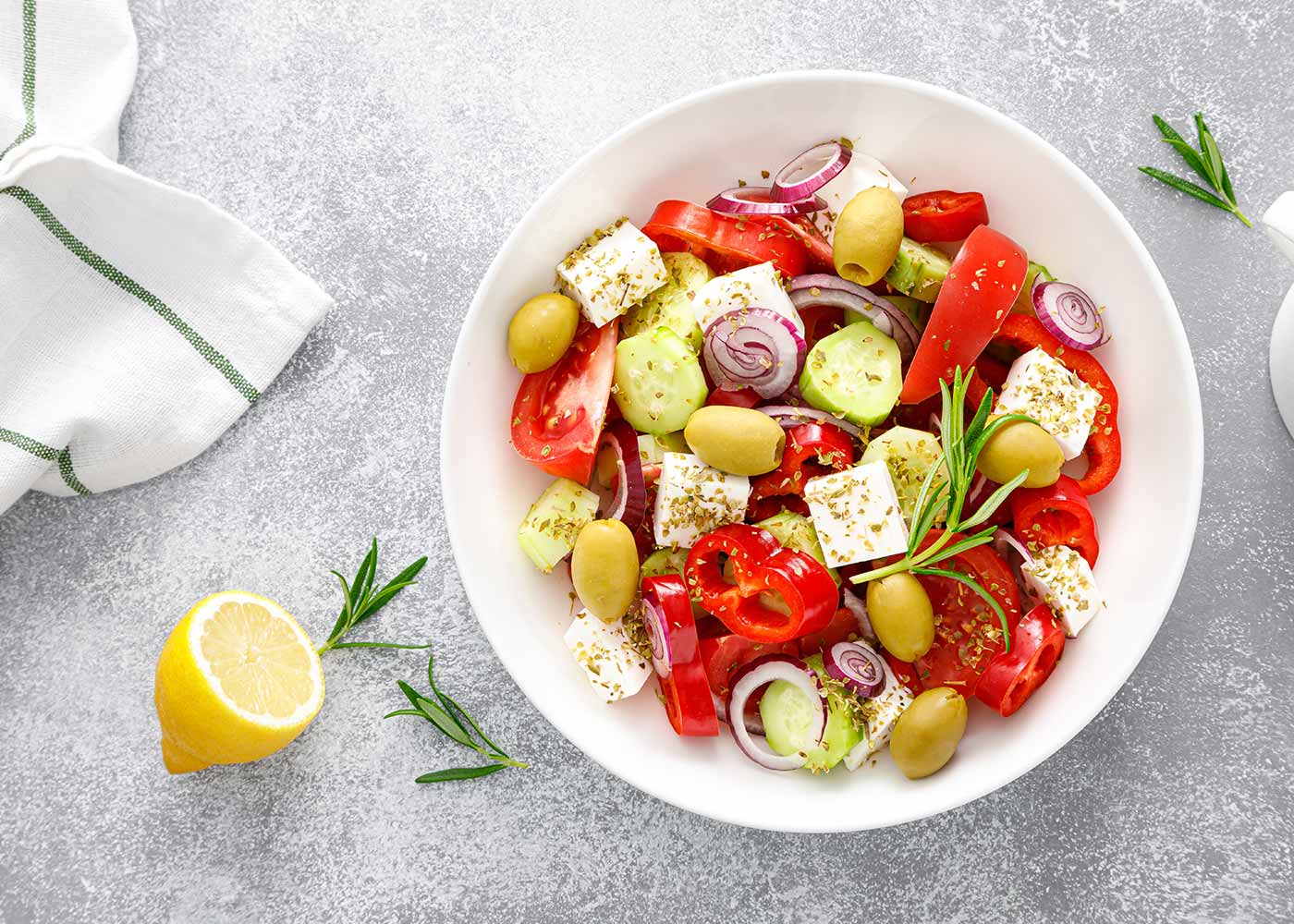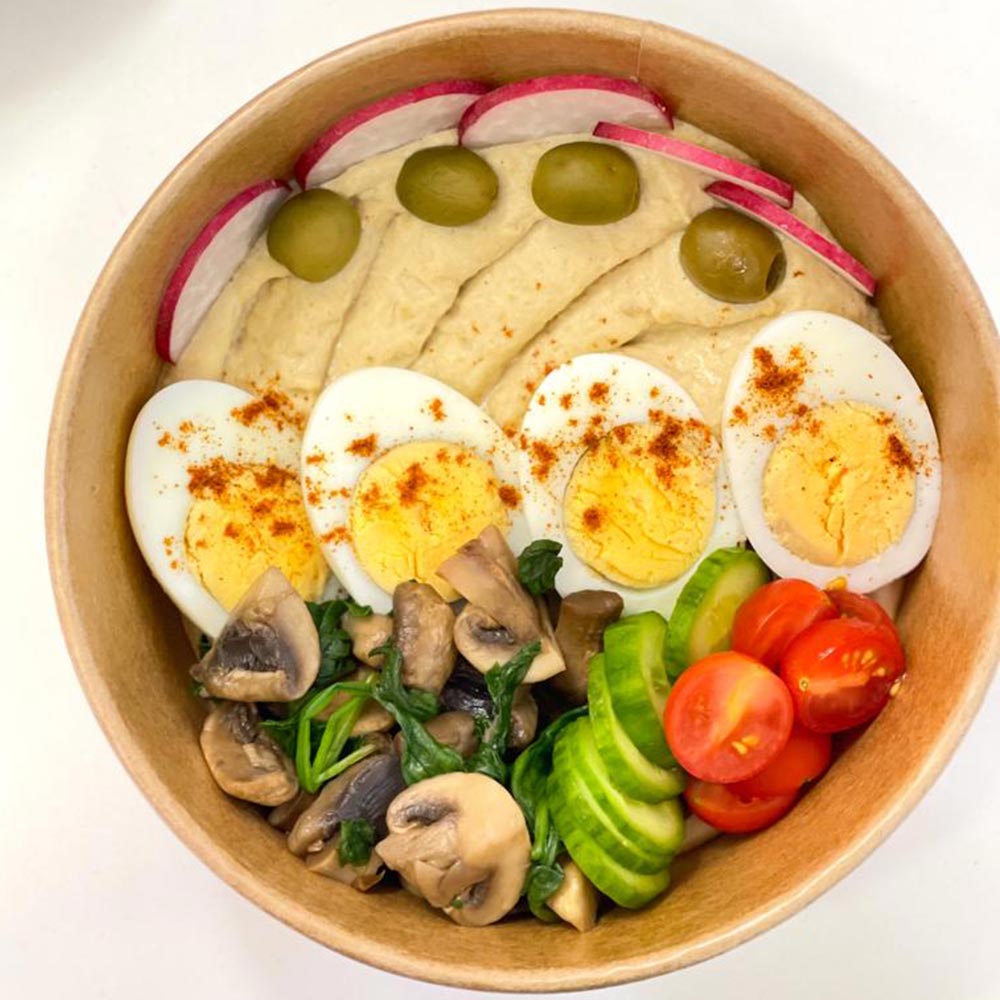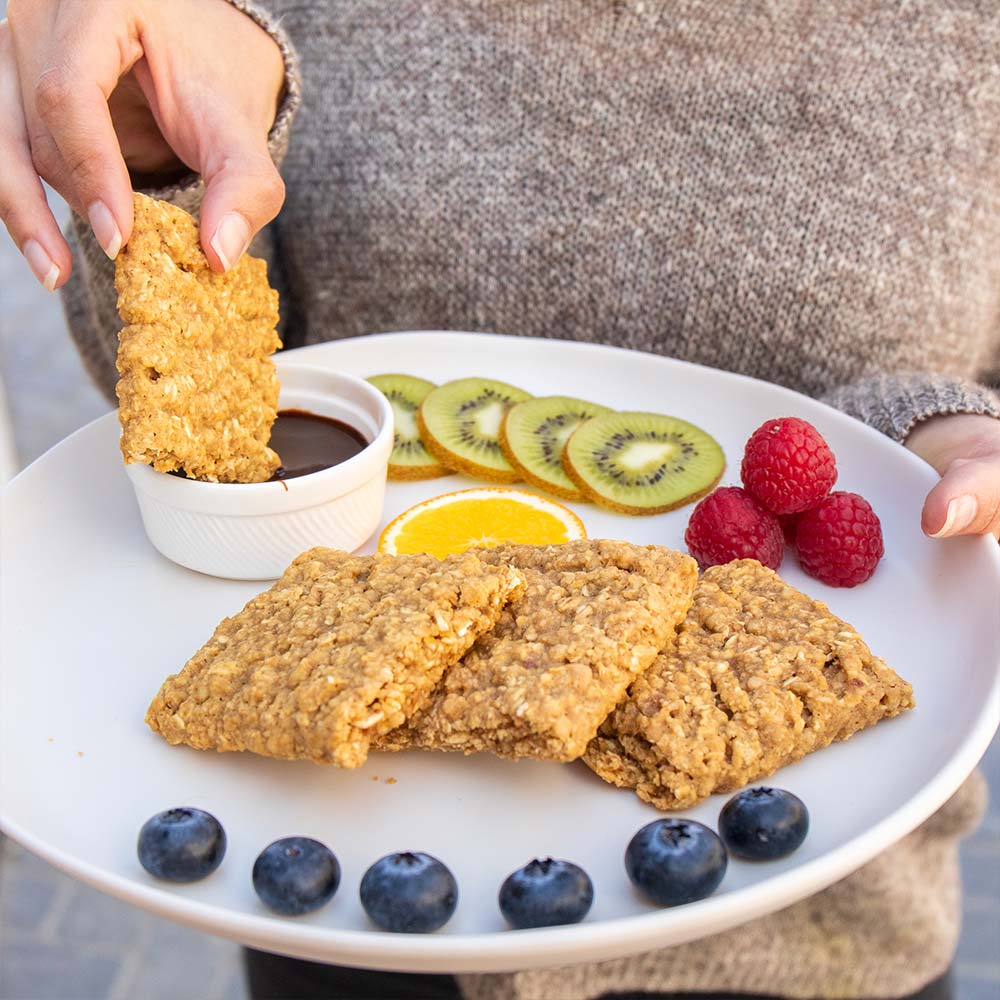Carbohydrate is the most significant nutrient for athletic performance and the major fuel for most forms of activity. A balanced diet of protein, fat, and carbs is best for our bodies, but appropriate carbohydrate is essential for athletes.
Carbohydrates give...
1. Muscle contractions and brain activity
are both fuelled by energy.
2. Energy that can be used later. (Any
glucose that isn't used straight away is stored as glycogen in the muscles and
liver.)
3. An alternative to using protein as a
source of energy
During physical activity, stored glucose or
glycogen is turned into energy to feed muscles, but this supply is limited. The
quantity of glucose that may be stored as glycogen in the body is determined by
food and exercise.
Total glycogen reserves are typically 400-700 grams (75-100g in the liver and 300-600g in the muscles). Athletes who consume a high carbohydrate diet and adhere to a strict nutrition regimen can boost their total carbohydrate reserves by up to 880g. These resources will be exhausted after roughly 60 to 90 minutes of activity, necessitating the need to recharge for prolonged training sessions.
Before, during, and after exercise, how much carbohydrate and drink should we consume?
Athletes who participate in high-intensity aerobic exercises, for example, must have enough energy to keep going for lengthy periods of time while jumping with split-second power surges. In addition to eating enough carbs on a regular basis, carbohydrate intake before, during, and after exercise is critical for proper fuel and recovery. The essential guidelines for carbohydrate, protein, and hydration intake before, during, and after training are outlined in the table below. It's vital to remember that the exact timing and type of food to eat depends on the person. Athletes should experiment with different sorts of meals to see what works best for them.
Why should you consume carbohydrates?
Before: To replenish energy resources and
postpone weariness. Depending on how much time you have, opt for a light
carbohydrate dinner.
Throughout: To aid in the maintenance of
blood sugar levels in order to feed muscles during activity. If your workout
lasts longer than 90 minutes, you will want more carbs to keep your energy
levels up. Choose carbs that are easy to digest and aim for 30-50 g of liquid
or solid sources every 30 minutes.
After: To restore your energy supply after exercise, allowing you to endure longer in the following training session or event. Eat carbs and protein within 60 minutes of finishing your activity for optimum recovery and glycogen replenishment.
What are some good carbohydrate and fluid sources for exercise?
Complex carbs, such as whole grain pasta
and cereals, legumes, fresh fruit, and starchy vegetables, are good sources of
energy since they release energy slowly, are low in fat, and are high in
minerals and fibre. Although sports bars, gels, and beverages are quick and
handy sources of energy, getting your energy from natural sources of food is both
healthier and more cost effective.
Choose sports foods that are free of hydrogenated or saturated fats, as well as additives and preservatives. Making your own snacks has the benefit of being nutritious, unprocessed sources of carbohydrate, protein, fat, fibre, minerals, and vitamins that invigorate your body.
Take Initiative
1. Make a plan! The night before, prepare
your daily snack box. Fill it with carbohydrate-rich snacks like a whole grain
bagel with peanut butter, yoghurt, fig bars, bananas, orange slices, graham
crackers, and granola bars.
2. Create a comprehensive nutrition
training strategy. During competition, don't merely eat and stay hydrated. Fuelling
should be practised during training to become acclimated to it for your events.
Experiment with varied carbohydrate amounts and sources (foods and drinks)
throughout exercise to see what maintains your body working at its best.
3. Carry a water bottle with you at all
times and sip it frequently when exercising. Request that your coach remind you.
Carbohydrates should account for 60 to 70%
of total energy consumption for top athletes. Without appropriate dietary
glucose, the body is forced to rely on fat storage and muscle protein, which
are less effective energy-producing routes. As a result, training and
performance quality may suffer. Carbohydrate snacks and protein shakes are
ideal for athletes that have a hectic and strenuous training schedule.






























